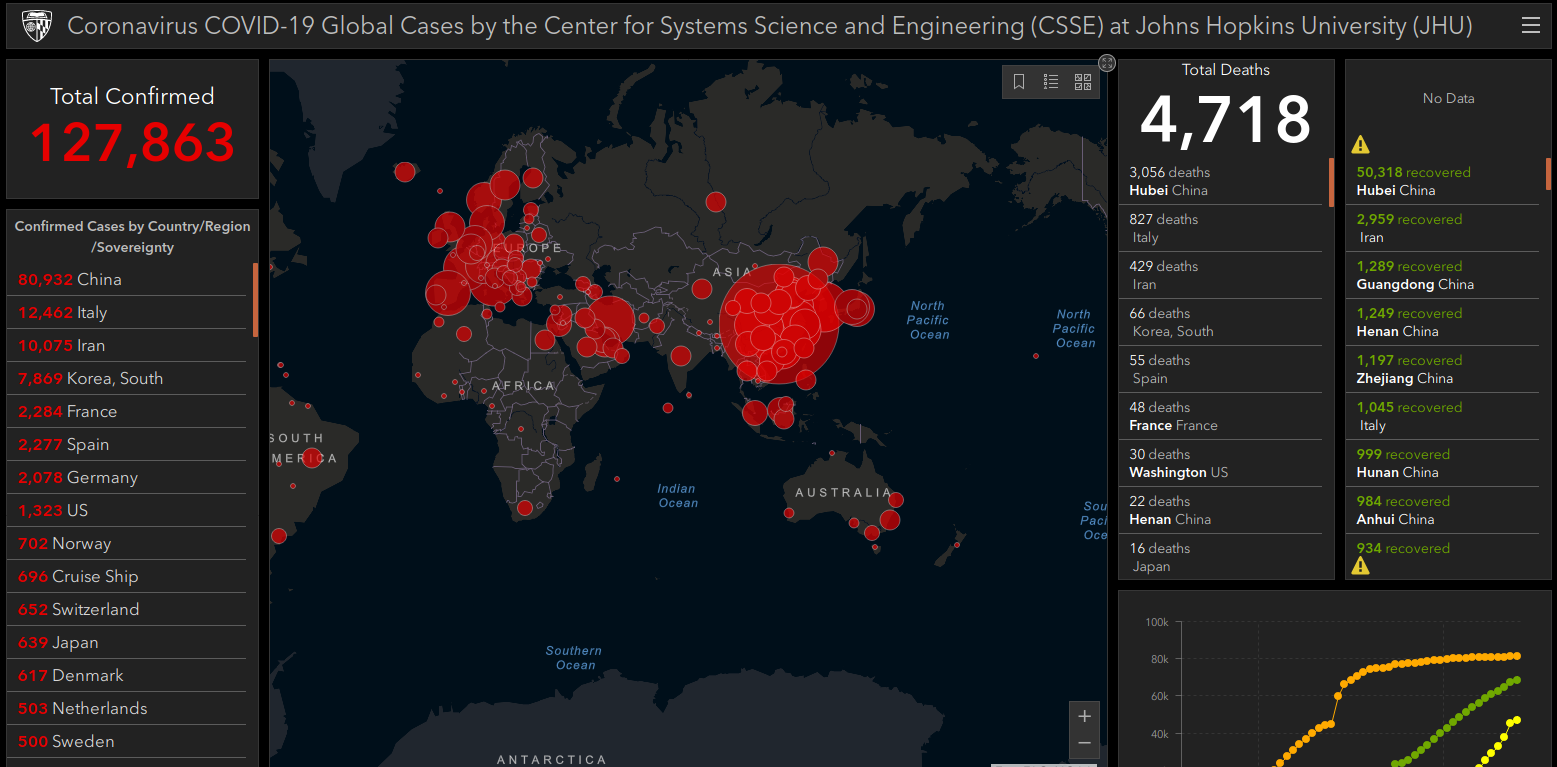
Coronavirus remains a great unknown in our planning of 2020. As a tech community, financial ebbs and flows and travel bans aside, we are used to a global interaction and frequent global travel to see our colleagues from all corners of the planet, at conferences and events. That’s not a viable option for now.
I appreciated a tweet from the FOSDEM organisers, sending positive support and their solidarity to all tech organisers. FOSDEM is always the first Sunday in February in Brussels. We had a great time on our OpenUK Stand there but at this point in 2020 it was one of the last events our Open Technology Community was able to attend in large numbers. We are all now, the victims of disruption in our calanders and effectively grounded, with employers banning all travel, attendance at public events and face to face meetings in an attempt to protect their workforce, in some cases up until the end of May.
Major events like the OpenCompute Summit planned in San Diego are cancelled and moving to a digital or virtual format. We wish the team there the best of luck and are sure it will be a success, but nothing will ever replace face to face and of course we will all get back to some level of that after the Corona Virus outbreak is suitably contained.
Closer to home our launch event for the Open Data Work Stream due to take place at Arup’s offices on 17 March and 14 April are sadly cancelled. Thanks to Ashleigh Monagle and Volker Buscher at Arup for being so supportive and considerate in this process. We hope to confirm in the coming weeks as we have greater clarity when the postponed events will happen.
OpenUK Week is scheduled to go ahead as planned week of 8-12 June, with a range of exciting events and of course First Editions of both our OpenUK Awards and OpenUK Kids’ Competition. The Awards nominations can be made at openuk.uk/awards and registration for our Kids’ Competition is at openuk.uk/kidscompetition.
Both processes are continuing as planned for now.
Of course, we are making contingency plans and will update you all by 14 April on where we are on the events going ahead as planned.
Open Source has been at the epicentre of solutions in many recent disasters. Disaster management systems such as Sahana, open source inventory management application Apache OFBiz with the characteristics of an open-access approach, low-cost deployment, and easy adaptability, have played a very important role in the humanitarian sector.
Django has been the Web development framework to depend on when natural disasters like floods have hit and post-disaster, environment tools like AngularJS and Node.js have also been used. The rapid, cost-effective deployment and collaboration friendly environments of these open source tools make them perfect for these tricky time-critical environments.
Covid-19 is no exception to this collaborative open technology approach to a disaster, or in this case a pandemic. You are undoubtedly familiar with this interactive web-based dashboard and map and its accompanying blog, which have been publicly shared since 22 January by our friends in the Centre for Systems Science and Engineering at John Hopkins University. They were initially shared as a Google sheet and now on a Github repository.
https://www.arcgis.com/apps/opsdashboard/index.html#/85320e2ea5424dfaaa75ae62e5c06e61
https://systems.jhu.edu/research/public-health/ncov/
This dashboard, open data and map are being used by most sources including the FT, the BBC and the Guardian amongst others, to track and share data about the virus spread in real time with a chart to the left of the map that shows the number of confirmed cases for specific countries, states and cities.
The collective data openly available is being assimilated into the dashboard, and shows how many people have recovered after being diagnosed with COVID-19 and is being shared through Github using open methods if not an open licence, for academic and educational purposes.
We also see a group following Open Technology prinicples being used in France to run “Just One Giant Lab”, creating an open platform for scientific collaboration. Specifically, in response to COVID – 19, they are building a open source method for testing for the infection. Their lab notebook is available onelone.
OpenUK is working with folk from John Hopkins on Open Source Program Office models, specifically to country representative organisations like OpenUK and we will look forward to updating on some shared output on this work in April.





